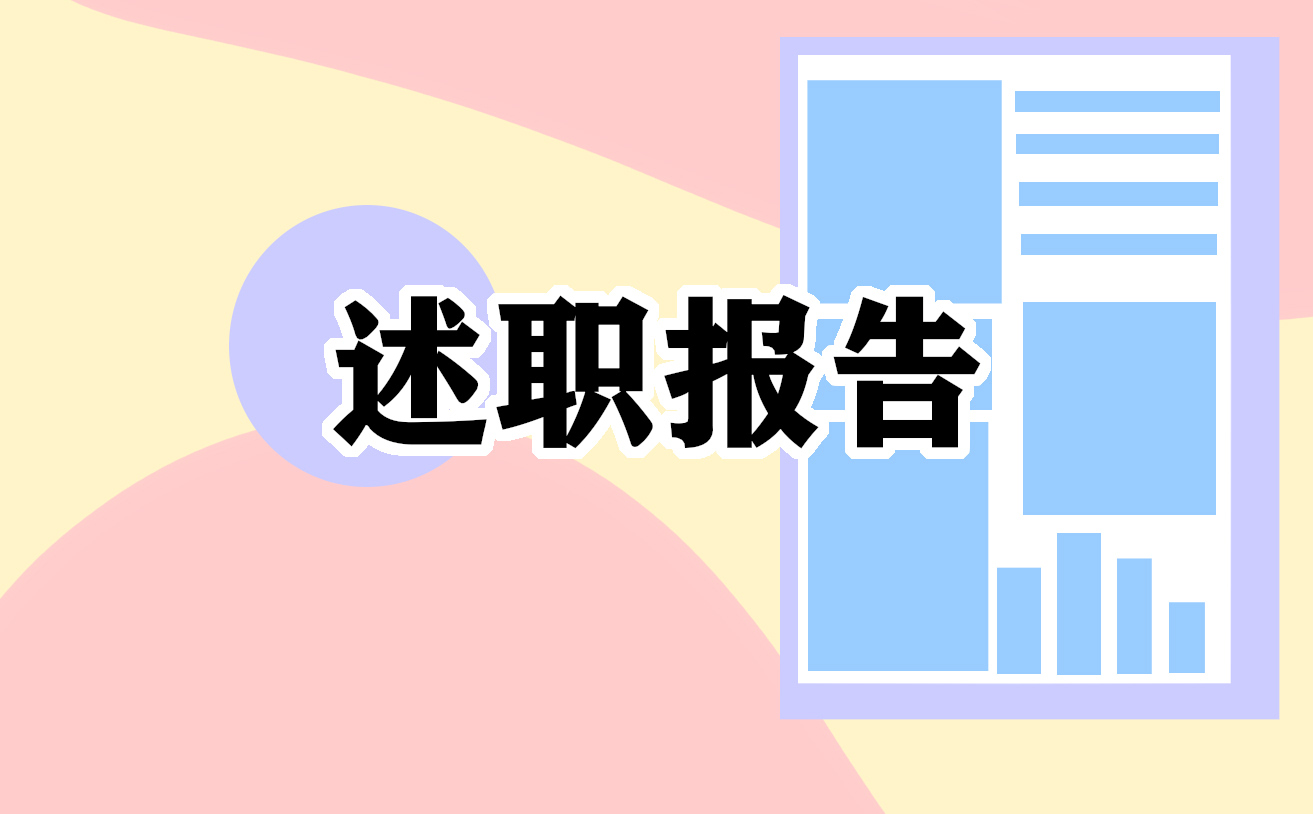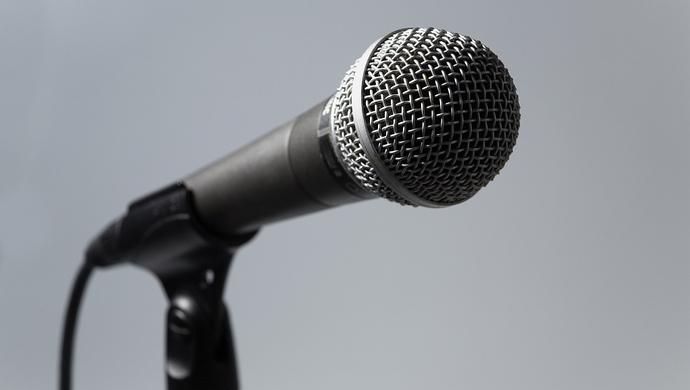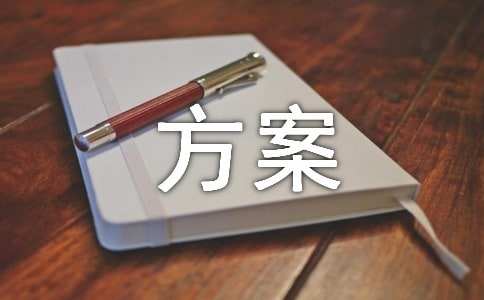小学英语语法英语第1篇Unit11.thefirstday第一天2.thenewterm新学期3.allthestudents所有学生4.atschool在学校5.eachother互相6.anewb下面是小编为大家整理的小学英语语法英语,供大家参考。

小学英语语法英语 第1篇
Unit 1
1. the first day 第一天
2. the new term 新学期
3. all the students 所有学生
4. at school 在学校
5. each other 互相
6. a new building 一幢新教学楼
7. a lot of rooms 许多房间
8. how many 多少
9. two reading rooms两间阅览室
10. have a look 看一看
11. go and play 去玩
12. go and see. 去看看
13. go and have a look 看一看
14. a lot of flowers and trees 许多花和树
15. good idea 好主意
16. in the street 在街道上
17. on the plate 在盘子里
18. on the table 在桌子上
句子
1. Is there a garden in the school? No, there isn’t.
学校里有个花园吗?不,没有。
2. Is there a reading room near the playground? Yes, there is.
操场附近有个阅览室吗?是的`。
3. Are there any bookcases near the window? No, there aren’t.
窗子附近有一些书橱吗?不,没有。
4.Are there any pictures on the desk? Yes, there are. 课桌上有一些图片吗?是的。
5. How many TV rooms are there in the building? There are four.
大楼里有几间电视房?有四间。
6. I’m not sure.我不能确定。
Unit 2
1. my parents 我的父母
2. live in a new house 住在新房子里
3. near her school 在她的学校旁边
4. very much 非常
5. a large sitting-room 一个大客厅
6. in your bedroom 在你的卧室
7. some dolls 一些洋娃娃
8. a map of the world 一张世界地图
9. on the wall 在墙上
10. behind the door 在门后面
11. in the cat’s mouth在猫的嘴里
12. look happy 看上去高兴
13. in the afternoon 在下午
14. in the music room 在音乐室里
15. near the bed 在床边
16. on the desk 在桌上
17. in Picture 1 在图片1
18. the rabbit in the black hat 带着黑帽子的那只兔子
句子
1. What’s between the chairs? There’s a telephone between the chairs.
椅子中间有什么?椅子中间有个电话机。
2. What’s on the table? There are some glasses on the table.
桌子上有什么?桌子上有些玻璃杯。
3.There isn’t a pencil on the desk. 课桌上没有一支铅笔。
4.There aren’t any pictures on the wall. 墙上没有任何图片(复数)。
Unit 3
1. have a Music lesson 上音乐课
2. sing a song 唱一首歌
3. play the violin 拉小提琴
4. listen to 听
5. follow me 跟着我
6. sing it together 一起唱
7. make a puppet 做木偶
8. make a model plane 做模型飞机
小学英语语法英语 第2篇
一般过去时表示过去某个时间发生的动作或存在的状态,常和表示过去的时间状语连用。一般过去时也表示过去经常或反复发生的动作。
一般过去时Be动词的变化:
⑴ am 和is在一般过去时中变为was。(was not=wasn’t)
⑵ are在一般过去时中变为were。(were not=weren’t)
⑶ 带有was或were的句子,其否定、疑问的变化和is, am, are一样,即否定句在was或were后加not,一般疑问句把was或were调到句首。
没有be动词的一般过去时
肯定句:
主语+动词过去式? 如:
Jim went home
否定句:
主语+didn’t +动词原形? 如:Jim didn’t go home 一般疑问句:
Did+主语+动词原形? 如:Did Jim go home yesterday?
特殊疑问句:⑴疑问词+did+主语+动词原形? 如:
What did Jim do yesterday?
⑵疑问词当主语时:疑问词+动词过去式?如:Who went to home yesterday?
动词过去式变化规则:
一般在动词末尾加-ed,如:clean-cleaned, cook-cooked
以不发音的e结尾的在词尾加d,如:like-liked live-lived
末尾有一个元音字母和一个辅音字母的重读闭音节,双写末尾的辅音字母,加-ed,如:stop-stopped
以“辅音字母+y”结尾的,变y为i, 再加-ed,如:study-studied 但play-played
不规则动词过去式:
am, is-was, are-were, do-did, see-saw, get-got, go-went, come-came, have-had, eat-ate, take-took, sing-sang, put-put, make-made, read-read, write-wrote, draw-drew, fly-flew, swim-swam
小学英语语法英语 第3篇
一、段落衔接 First, … Second, … Third, …首先, … 第二, … 第三, …
二、结尾 I believe that… 我相信…
三、连接词
列举:for example= such as (例如)
时间:
later(过一会), next(下一个), then(然后), finally=at last =in the end,(最后、终于), from now on(从现在开始), at the same time(同时), soon(不久), now and then(有时), during(在…期间), since(自从…以后), lately(最近), as soon as(一…就…), earlier(早期的、初期的), now(现在、目前、立刻、马上), after a while(不久、过一会儿).
顺序:first, second, third, then, finally, first of all, last, next, above all
可能:
probably = perhaps(大概、或许、可能).
解释:
in other words(换句话说), in fact(实际上), that is(即、就是说)
原因:for this reason, thanks to(幸亏、由于), because(of)(因为)
结果:as a result(结果), so(因此、那么) , therefore (因此、所以) 总结 in a word(总而言之)
小学英语语法英语 第4篇
一、名词复数规则
1.一般情况下,直接加-s,如:book-books, bag-bags, cat-cats, bed-beds
2.以s. x. sh. ch结尾,加-es,如:bus-buses, box-boxes, brush-brushes, watch-watches
3.以“辅音字母+y”结尾,变y为i, 再加-es,如:family-families, strawberry-strawberries
4.以“f或fe”结尾,变f或fe为v, 再加-es,如:knife-knives 5.不规则名词复数:
man-men, woman-women, policeman-policemen, policewoman-policewomen, mouse-mice child-children foot-feet,.tooth-teeth fish-fish, people-people, Chinese-Chinese, Japanese-Japanese
二、一般现在时
1.一般现在时表示经常或习惯性的动作,也可表示现在的状态或主语具备的性格和能力。
2.一般现在时中,没有be动词和情态动词,主语为第三人称单数的肯定句,动词要按规则加上s,主语是非第三人称单数的肯定句,动词用原形。
3.在一般现在时中,句中有be动词或情态动词时,否定句在be动词和情态动词后加not,一般疑问句将be动词或情态动词放在句首。
4.在一般现在时中,句中没有be动词或情态动词时,主语为第三人称单数的否定句在动词前加does+not (doesn"t),一般疑问句在句首加does,句子中原有动词用原形;主语为非第三人称单数,否定句用do+not (don"t),一般疑问句在句首加do,句子中动词用原形。
动词+s的变化规则
1.一般情况下,直接加-s,如:cook-cooks, milk-milks
2 .以s. x. sh. ch. o结尾,加-es,如:guess-guesses, wash-washes, watch-watches, go-goes
3.以"辅音字母+y"结尾,变y为i, 再加-es,如:study-studies
三、现在进行时
1.现在进行时表示现在正在进行或发生的动作,也可表示当前一段时间内的活动或现阶段正在进行的动作。
2.现在进行时的肯定句基本结构为be+动词ing.
3.现在进行时的否定句在be后加not。
4.现在进行时的一般疑问句把be动词调到句首。
动词加ing的变化规则
1.一般情况下,直接加ing,如:cook-cooking
2.以不发音的e结尾,去e加ing,如:make-making, taste-tasting
3.如果末尾是一个元音字母和一个辅音字母,双写末尾的辅音字母,再加ing,如:run-running, stop-stopping
四、be going to
1.be going to 表示将要发生的事或打算、计划、决定要做的事情。
2.肯定句:be going to +动词原形,如:Jim is going to play football. 否定句:be not going to +动词原形,如:Jim is not going to play football. 一般疑问句:把be动词调到句首,如:Is Jim going to play football? 特殊疑问句:疑问词+be+主语+going to+动词原形?如:What is Jim going to do? 疑问词当主语时:疑问词+be+going to+动词原形?如:Who is going to play football?
五、一般过去时
1.一般过去时表示过去某个时间发生的动作或存在的状态,常和表示过去的时间状语连用。一般过去时也表示过去经常或反复发生的动作感谢。
2.Be动词在一般过去时中的变化:
⑴am 和is在一般过去时中变为was。(was not=wasn"t) ⑵are在一般过去时中变为were。(were not=weren"t) ⑶带有was或were的句子,其否定、疑问的变化和is, am, are一样,即否定句在was或were后加not,一般疑问句把was或were调到句首。
3.句中没有be动词的一般过去时的句子 否定句:didn"t +动词原形,如:Jim didn"t go home yesterday. 一般疑问句:在句首加did,句子中的动词过去式变回原形。如:Did Jim go home yesterday? 特殊疑问句:
⑴疑问词+did+主语+动词原形?如:
What did Jim do yesterday? ⑵疑问词当主语时:疑问词+动词过去式?如:Who went to home yesterday?
动词过去式变化规则:
1.一般在动词末尾加-ed,如:pull-pulled, cook-cooked
2.结尾是e加d,如:taste-tasted
3.末尾只有一个元音字母和一个辅音字母的重读闭音节,应双写末尾的辅音字母,再加-ed,如:stop-stopped
4.以"辅音字母+y"结尾的,变y为i, 再加-ed,如:study-studied
5.不规则动词过去式:
am,is-was, are-were, do-did, see-saw, say-said, give-gave, get-got, go-went, come-came, have-had, eat-ate, take-took, run-ran, sing-sang, put-put, make-made, read-read, write-wrote, draw-drew, drink-drank, fly-flew, ride-rode, speak-spoke, sweep-swept, swim-swam, sit-sat
小学英语语法英语 第5篇
1、一般疑问句最基本的变法:be 提前用问号读升调
2、my变成your our变成your I am / We are 变Are you I can 变Can you
3、注意人名不论放在什么位置都要大写 Tom is a student。Is Tom a student?
4、一般疑问句翻译成汉语都有"吗"?
1)This is my English Is this your English teather?
2)It is our Is it your school?
3)We are Are you students?
4)I can Can you sing?
09



